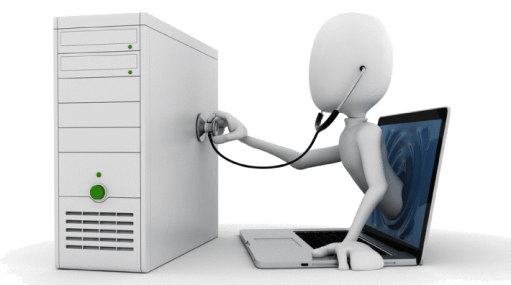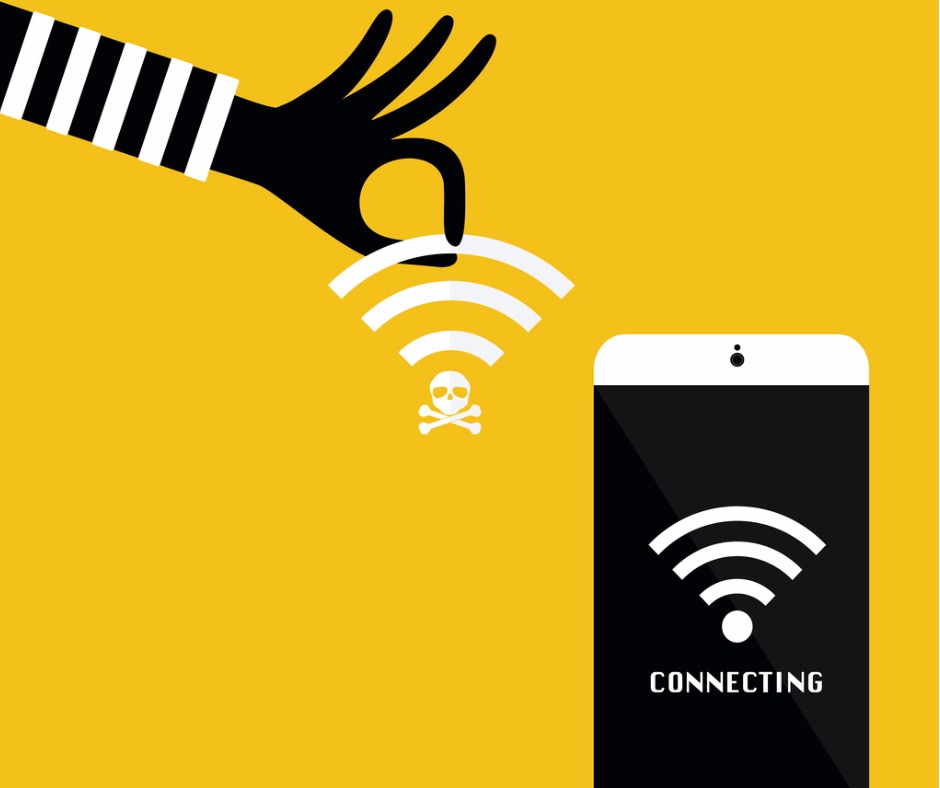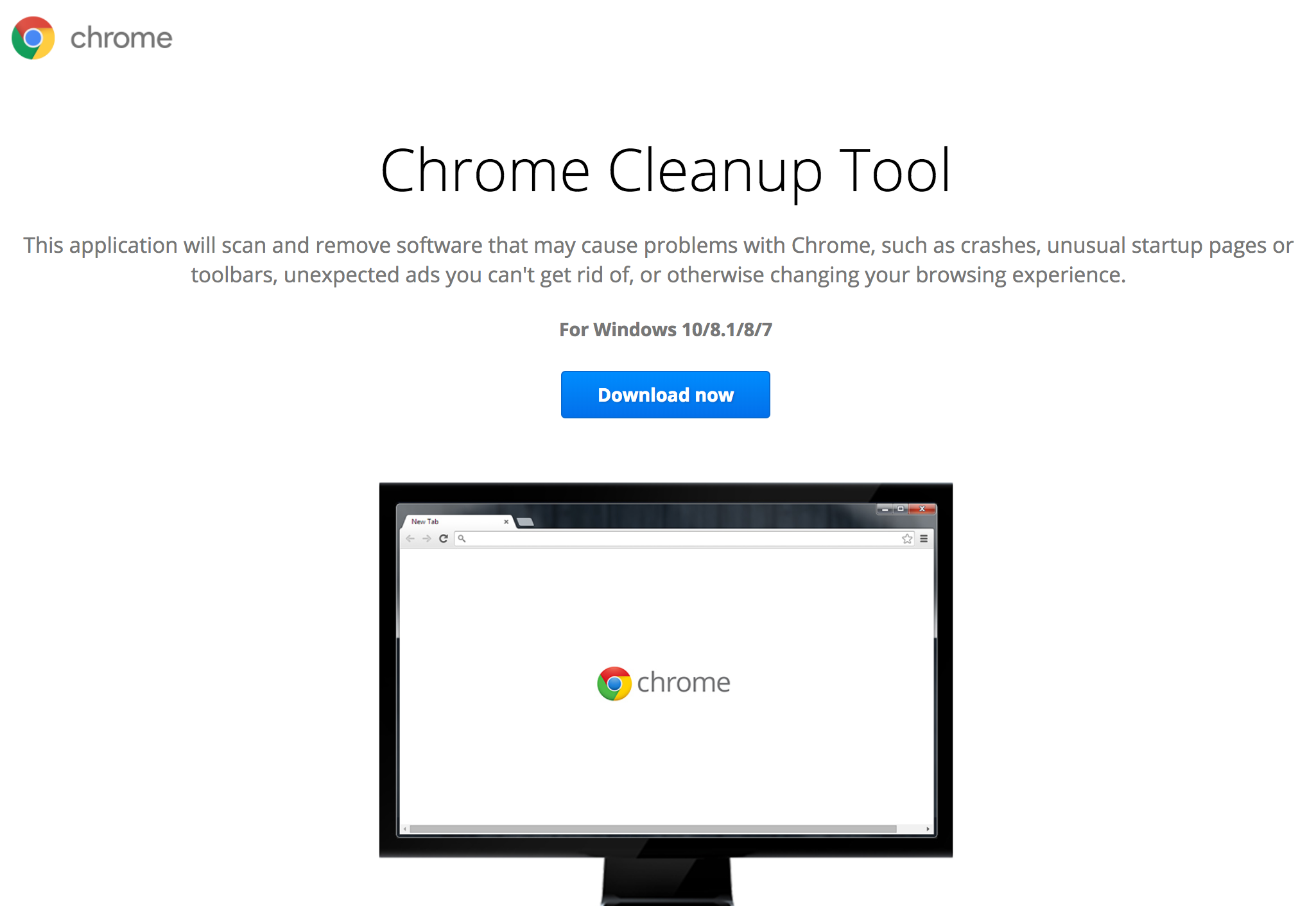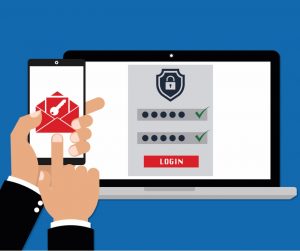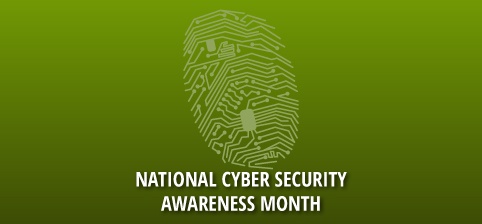Freeware is software that is available for anyone to download free of charge. One day you’re minding your own business, sipping from your delicious iced coffee while scanning the Internet when all of a sudden you’re looking at a pop-up urgently telling you to download free software to prevent a virus attack on your computer. Instant buzz kill! Now you’re gripped by anxiety and you’ve got no idea if this is a real issue. If you work for a business that has an IT company supporting your enterprise, then you are fortunate. But for everyone else - you may wonder -is this is a serious warning, a marketing hoax or is this something truly bad like a virus or malware in disguise?
We’ve been surfing the world-wide-web for almost three decades now and chances are each and every one of us have stumbled upon good, bad and even fraudulent websites at one time or another. But how do you determine if a website is truly 'legit' or not?
There are certain traits that can indicate a website’s intention to scam you out of money or valuable information.
Security threats don't only come from the outside. The biggest threats are often sitting right in the office. Whether it's adult websites, checking personal email or social media, your employees are accessing content that is putting your business at risk.
Businesses invest in technology because they recognize the benefits that the technology can bring to their operations and service offerings.
The unfortunate truth of the matter is that quite often, after the initial investment, that new shiny piece of technology equipment can lose its' luster. Just like cars need oil changes and inspections on a regular basis, the technology in your office needs regular reviews to keep them running smoothly... This is why your South Florida business needs an annual IT Audit!
We've all heard about hackers breaking into public WIFI to steal identities. Many of us have also seen stories about hackable smart cars and hacked garage doors mysteriously going up and down. But did you know that your refrigerator, your Grandpa's pacemaker and many other devices whose security we take for granted could be the target of a hack as well?
'Cleanup' By Google Helps South Florida Businesses
Google Chrome Has a “Security System” for Your Computer
If you’ve got a sophisticated alarm system in your home, chances are you’ll sleep better knowing that its technology will set off a loud siren, alert the emergency responders and most likely scare your intruder away. With cyber threats on the rise, wouldn’t it be wonderful to have a “security system” for your computer too? You worry about all the different ways you can be victimized. The simple truth is, the more proactive we are in practicing online safety, the safer we will be.
What is 2FA?
Two Factor Authentication is an additional layer of protection beyond your password. With millions of people online every day, processing millions of transactions, how do you prove your identity to websites? When you’re in front of a bank teller or a bartender, it’s simple! You show them your driver’s license and you attempt to replicate the same smile you made in that photo twenty-five years ago! But how do you suppose you prove who you are to a website today?
October is Cyber Security Awareness Month. I guess "scary" doesn’t just apply to Halloween these days. One of the scariest things this season is knowing how insecure our financial information can be. Recently Equifax revealed that more than 143 million consumer accounts were compromised in a breach and then last week Yahoo announced that every single one of its' user accounts were breached back in 2013. This news isn't easy to swallow because it's serious. Serious threats to personal data are at an all-time high. Everyone, including individuals and businesses of all sizes, needs to remain diligent in their protecting themselves from hackers and privacy breaches.




